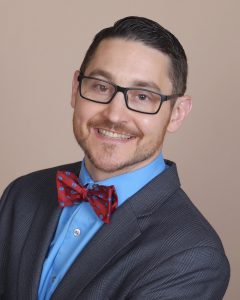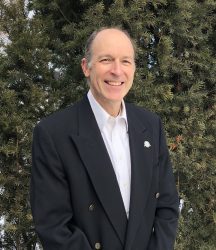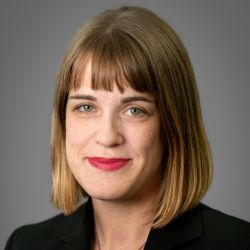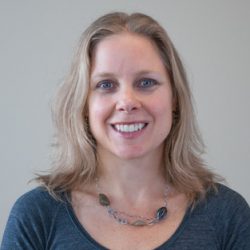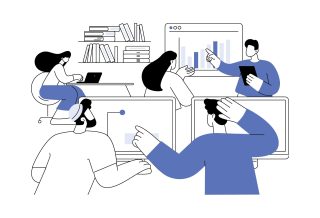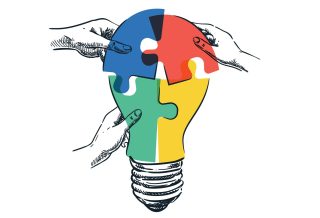FOCUS
With new science standards, coaching is key
By Justin Andersson, Daniel Sitzman, Amy Arneson and Elizabeth Gandhi
Categories: Coaching, College- and career-ready standards, Instructional materials/curriculum, Learning designsFebruary 2021
Read the remaining content with membership access. Join or log in below to continue.
Sed ut perspiciatis unde omnis iste natus error sit voluptatem accusantium doloremque laudantium, totam rem aperiam, eaque ipsa quae ab illo inventore veritatis et quasi architecto beatae vitae dicta sunt explicabo. Nemo enim ipsam voluptatem quia voluptas sit aspernatur aut odit aut fugit, sed quia consequuntur magni dolores eos qui ratione voluptatem sequi nesciunt. Neque porro quisquam est, qui dolorem ipsum quia dolor sit amet, consectetur, adipisci velit, sed quia non numquam eius modi tempora incidunt ut labore et dolore magnam aliquam quaerat voluptatem.
Additional professional learning opportunities
Conferences: Short bursts of training focused on a specific area of content or pedagogy, such as National Science Teaching Association national or regional conferences, the state science teachers conference, or other professional conferences.
Immersion experiences: One-time intensive engagement opportunities to immerse participants in inquiry for a specific science content area. Generally, these took place over several days or weeks.
Lesson study: An intensive curriculum development inquiry cycle consisting of identifying a curricular topic of interest, planning and conducting a research lesson, and using data to illuminate student learning, lesson design, and broader issues within teaching and learning (Lewis & Hurd, 2011).
Curriculum writing: Training in the five tools and processes for Next Generation Science Standards instruction (American Museum of Natural History, 2016) and five practices for orchestrating student discussion (Cartier et al., 2013). Working as a team of four to five teachers plus an instructional coach to create lesson plans and course guides for all units and instructional sequences in the new curriculum.
Graduate coursework: University courses that fit into advanced degrees, as well as courses that supported lesson study, curriculum writing, and immersion experiences.
References
Aguilar, E. (2013). The art of coaching: Effective strategies for school transformation. Jossey-Bass.
American Museum of Natural History. (2016). Five tools and processes for NGSS instruction: AMNH. www.amnh.org/learn-teach/curriculum-collections/five-tools-and-processes-for-ngss
Cartier, J.L., Smith, M.S., Stein, M.K., & Ross, D.K. (2013). Five practices for orchestrating productive task-based discussions in science. National Council of Teachers of Mathematics.
Davidson, S., Arneson, A., Lewis, K., & Gandhi, E. (2019). Omaha Public Schools K-12 Comprehensive Science Teaching & Learning Grant: Evaluation of the 2018-2019 grant extension. Education Northwest.
Haag, S. & Megowan, C. (2015). Next Generation Science Standards: A national mixed-methods study on teacher readiness. School Science and Mathematics, 115(8), 416-426.
Lee, O., Miller, E., & Januszyk, R. (Eds.). (2015). NGSS for all students. NSTA Press.
Lewis, C.C. & Hurd, J. (2011). Lesson study step by step: How teacher learning communities improve instruction.Heinemann.
National Research Council. (2012). A framework for K-12 science education. National Academies Press.
National Research Council. (2015). Guide to implementing the Next Generation Science Standards. National Academies Press.
Passmore, C. (2015). Shifting to NGSS-aligned classrooms. Leadership, 44(4), 24-27.
Categories: Coaching, College- and career-ready standards, Instructional materials/curriculum, Learning designs
Recent Issues
LEARNING DESIGNS
February 2025
How we learn influences what we learn. This issue shares essential...
BUILDING BRIDGES
December 2024
Students benefit when educators bridge the continuum of professional...
CURRICULUM-BASED PROFESSIONAL LEARNING
October 2024
High-quality curriculum requires skilled educators to put it into...
LEARNING TO PIVOT
August 2024
Sometimes new information and situations call for major change. This issue...



